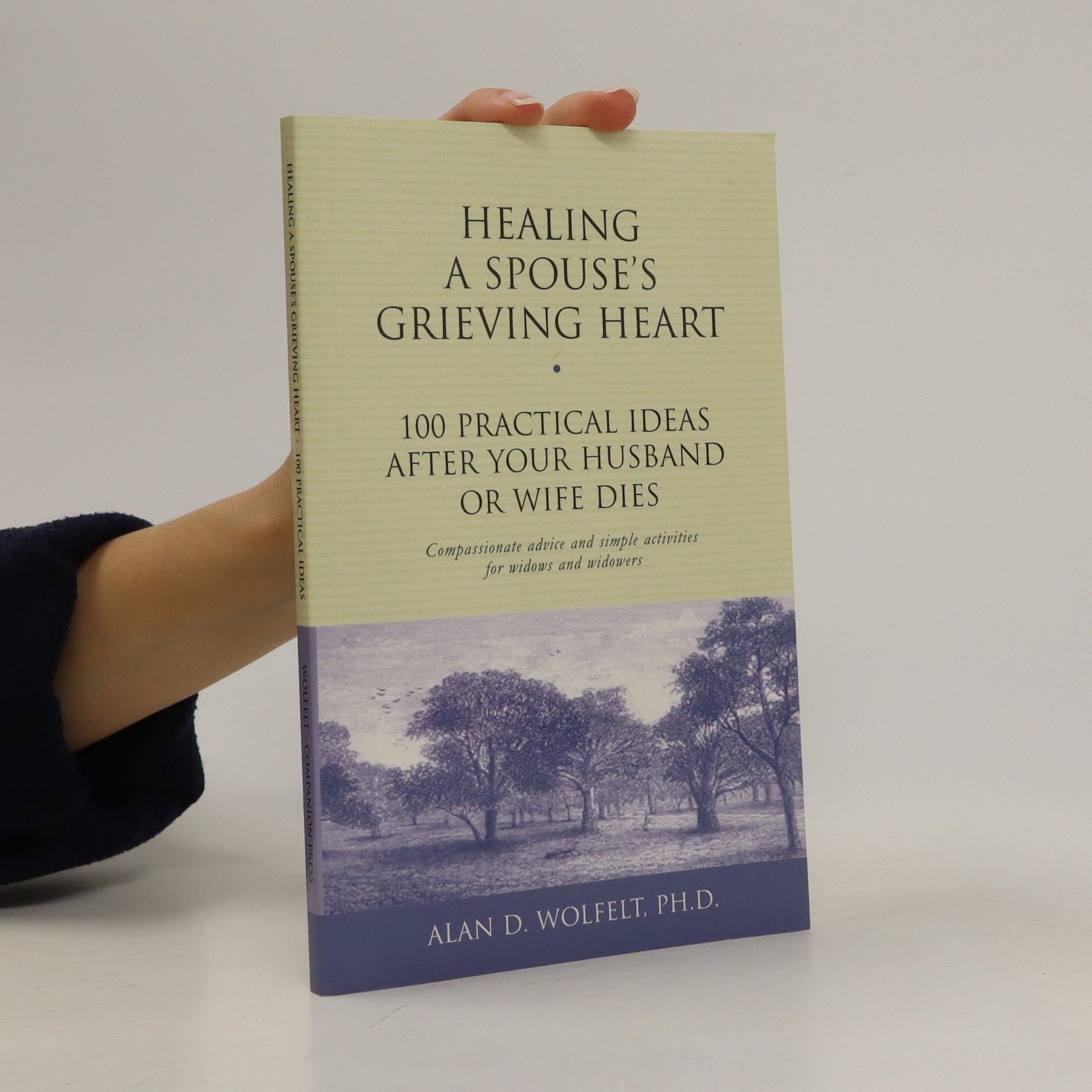The Paradoxes of Mourning: Healing Your Grief with Three Forgotten Truths
- 108 pages
- 4 hours of reading
When it comes to healing after the death of someone loved, our culture has it all wrong. We're told to be strong when what we really need is to be vulnerable. We're told to think positive when what we really need is to wallow in the pain. And we're told to seek closure when what we really need is to welcome our natural and necessary grief. Dr. Wolfelt's new book seeks to dispel these misconceptions that we hold on to so tightly and help people everywhere mourn well so they can live fuller lives. The Paradoxes of Mourning discusses three truths that grieving people used to know and respect but in the last century, seem to have forgotten: 1. You must make friends with the darkness before you can enter the light. 2. You must go backward before you can go forward. 3. You must say hello before you can say goodbye. In the tradition of the Four Agreements and the Seven Habits, this compassionate and inspiring guidebook by North America's most beloved grief counselor gives you the three keys that unlock the door to hope and healing.

